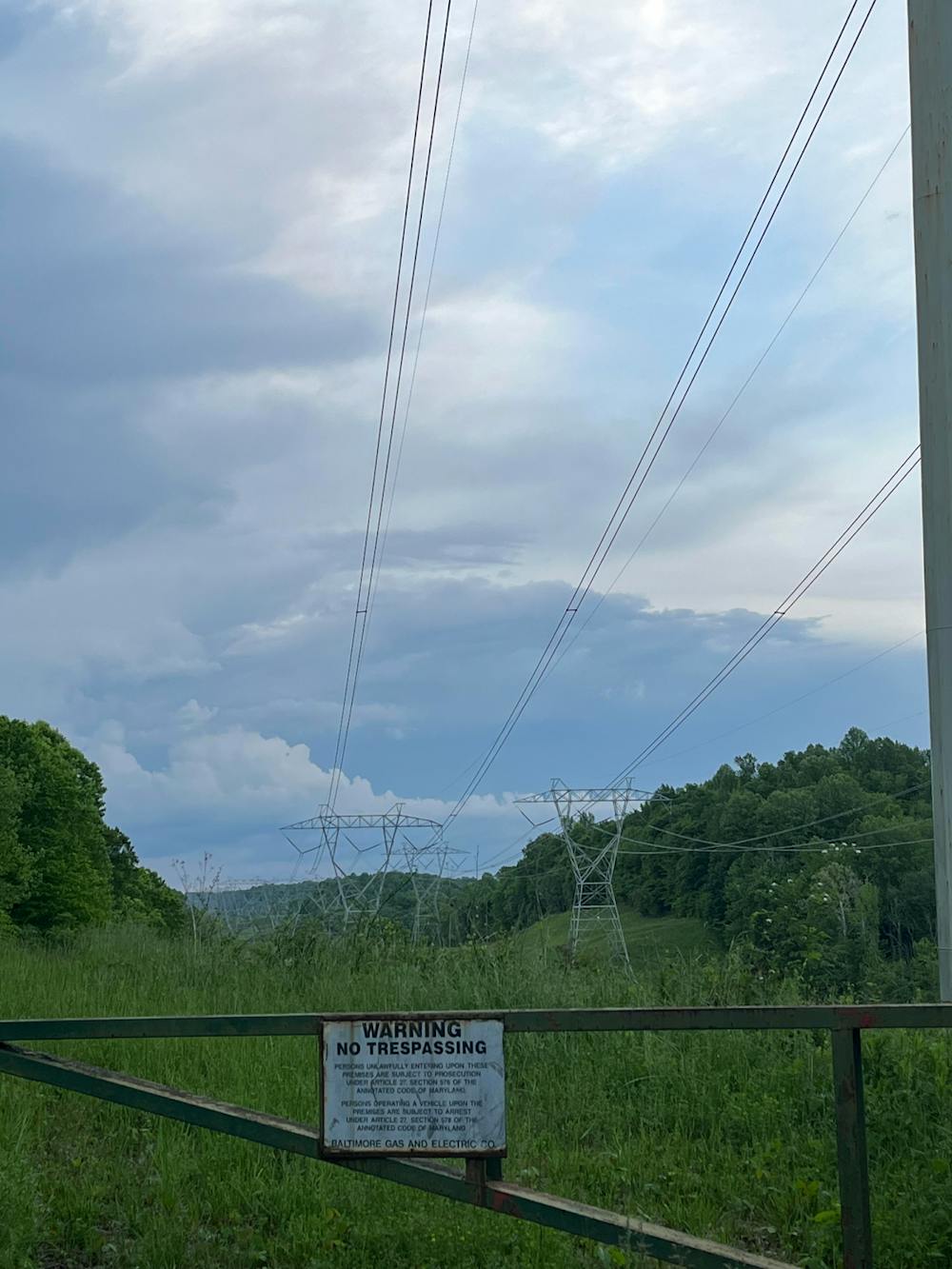“Anything but country” is a common phrase about music at northeastern, liberal arts institutions. I’ve most certainly uttered it myself in the past, but it is riddled with implications. I’ve found that the person who actively disparages country music is a certain kind of person; they must follow certain rules. The person who will tolerate “anything but country” seldom understands the plight of rural Americans. This person often thinks the phrase exempts them from political examination. And they fancy themselves sophisticated and enriched with the culture of the northeastern United States or the country’s major cities. I know this person well because I have been her.
Having spent the majority of my childhood in rural Maryland, immersed but an outsider, I can easily see how these stereotypes form. At 10 years old, moving from Jacksonville to a county where the closest Target is an hour away, I too once conceived of myself as more cultured and more sophisticated than my rural peers. My classmates, neighbors, and friends had family names attached to highways and farms, and had cousins sprinkled throughout the county; they had lived on their land for generations. As a 10-year-old from Florida, I imagined myself naturally vested with richer culture than my new neighbors. But it was just that — a childish misconception that I soon realized was incredibly flawed. So you can imagine my surprise when I encountered similar impressions at Princeton.
It’s standard practice to trivialize your hometown; with stars in your eyes, a touch of elitism, and a “Mamma Mia” attitude, if you leave, you decide that you are no longer provincial. But despite this tendency towards immature belittlement, pride extracted from the place that you call home is an understandable response. So naturally, I saw red upon hearing several of my fellow sophomores denigrate rural areas, ones not dissimilar to my beloved hometown.
In some ways, I could understand their criticisms, which ranged from prickly politics to bigotry. All of them rang true: there is much about rural America that’s worthy of reproach. However, these rural areas are not a monolith and are frequently done a massive disservice by the negative associations of ruralism, like the ones I encountered on Princeton’s campus. Rural America is represented in the media in myriad ways — as a political punching bag or an urbanite’s daydream of simplicity — but very seldom in a way that advocates for the people who live there or for their own interests. So, in my home and many other rural areas, I watch issues like inadequate healthcare, poor education access, chronic disease, addiction, political alienation, and poverty go unnoticed.
On Princeton’s campus, I’ve heard misconceptions and dismissals ranging from denying the presence of a rural culture to “bootstrap” rhetoric. One of the most pervasive stereotypes usually comes from the well-meaning, as students place rural areas on trial for their perceived narrow-minded beliefs. This can often be true, but this stereotype also discredits and alienates rural communities while undermining the history of unionization, economic and social justice, and grassroots activism in rural areas. At Princeton, I have often found this to be a one-sided conversation, and in the face of very defensible criticisms, I have often let it remain that way. Still, the reality of these areas is much more complex than we typically acknowledge.
The heavy commercialization of areas like my hometown gives rise to the misconception that rural America lacks culture or maintains a culture exclusively defined by the political opinions or class of the people who live there. Think Americana as defined by McDonald’s or gravelly voice-overs in nationalist-sentiment-stoking Ford pick-up truck advertisements. In reality, the commercial hellscapes and bigoted billboards peppering four-lane highways don’t encapsulate my community, which is rich in culture and resilient. And in spite of the stereotypes cast upon them, the social issues that they face, and the lack of the justice they so deserve, these communities persevere, like the black-eyed Susan in the April snow.
So here, at Princeton, I’ve found myself an unlikely champion, frequently arguing on behalf of a community I too had to learn to love. Evidently, the majority of Princetonians did not share my experiences of growing up. They did not live next to cattle farms or have chickens semi-regularly run loose in their schools. They didn’t have county feuds. They didn’t make a game out of listening for hunting gunshots in the woods. Their neighbors didn’t complain about the government getting involved in their tobacco farming. And they didn’t watch an opioid epidemic destroy the lives of kids they’d known their entire lives.
I am surprised to be writing a testimony to a place that I’ve consistently felt on the fringe of. But as I’ve become more familiar with the idiosyncrasies and contradictions of rural communities, including my own, and encountered Princeton’s unfamiliarity with them, I’ve been humbled and roused to their defense, both for their dignity and political justice. And, even as rural cultures encompass so much more than music, maybe I’ve even become a country and folk fan in the process.
Noelle Carpenter is a contributing writer for The Prospect at the 'Prince'. She can be reached at nc0360@princeton.edu, or on Instagram @noelle.carpenter22.
Self essays at The Prospect give our writers and guest contributors the opportunity to share perspectives. This essay reflects the views and lived experiences of the author. If you would like to submit a Self essay, contact us at prospect@dailyprincetonian.com.









